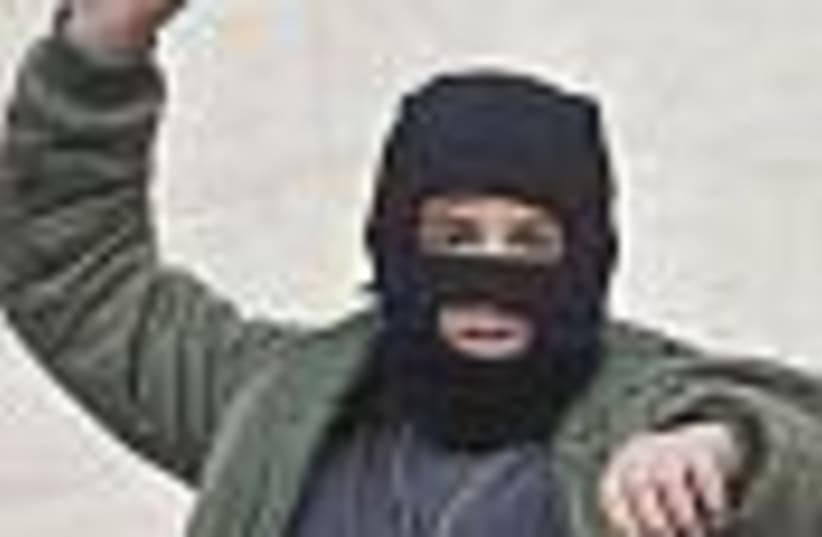| More about: | Yair Naveh, Moshe Karadi, Shaul Mofaz, Gaza Strip |
Tears and tear gas
The Gush Katif experience taught the defense establishment that locals are rarely to blame for physical opposition to security services


| More about: | Yair Naveh, Moshe Karadi, Shaul Mofaz, Gaza Strip |